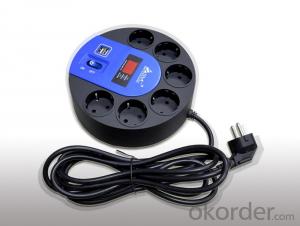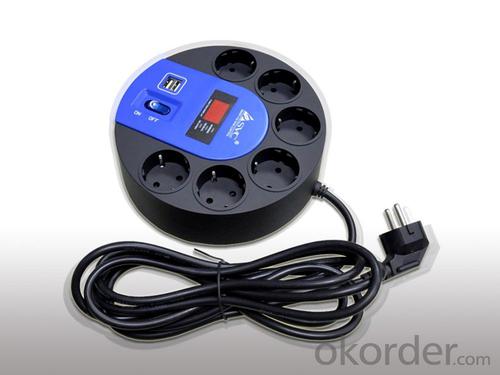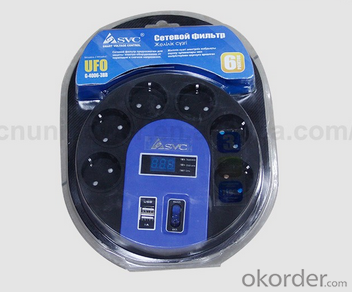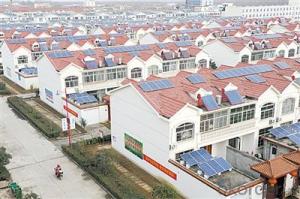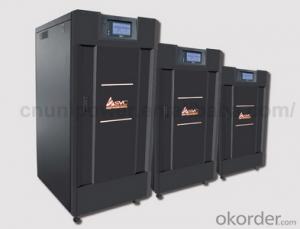Solar Energy Systems Factories - Euro Industrial Multi LED Display USB Universal Electric Socket
- Loading Port:
- China main port
- Payment Terms:
- TT OR LC
- Min Order Qty:
- 20 carton
- Supply Capability:
- 10000 carton/month
OKorder Service Pledge
Quality Product, Order Online Tracking, Timely Delivery
OKorder Financial Service
Credit Rating, Credit Services, Credit Purchasing
You Might Also Like
Euro Industrial Multi Led Display USB Universal Electric Socket
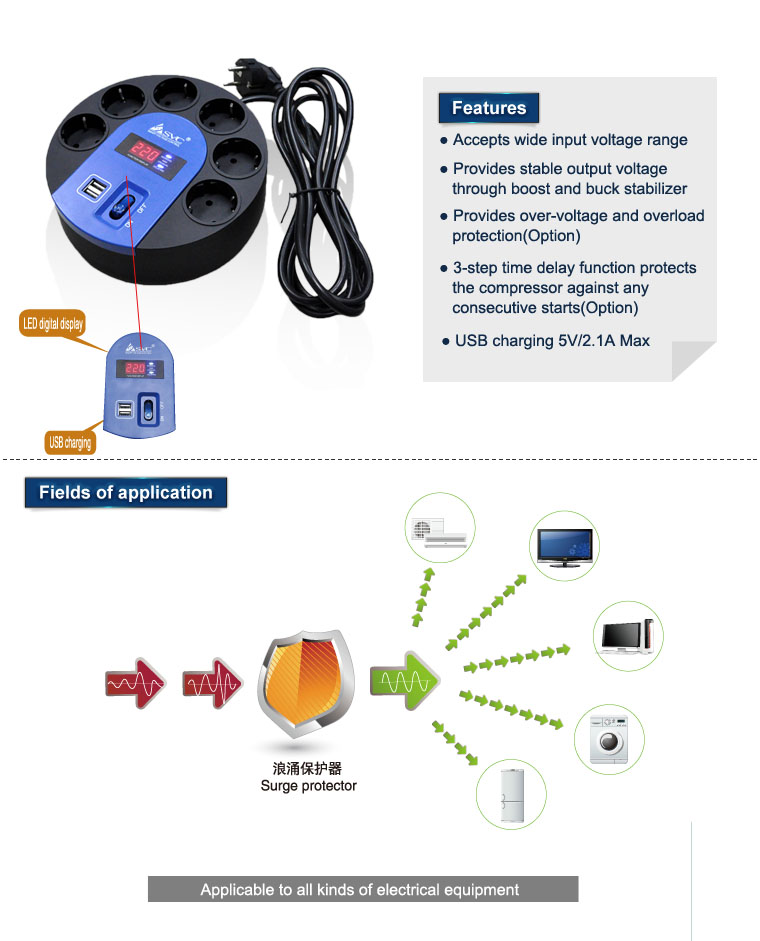

1. Wide range of input voltage
2. Provides stable output voltage and overload protection(Optional)
3. Provides over-voltage and overload protection(Optional)
4. 3-steps time delay function protects the comptessor against any consecutive starts (Optional)
5. USB charging 5V/2.1A max

| Model | G-2006 | G-4006 |
| Voltage range | 180-245Vac | |
| Current | 10A | |
| Insulation voltage-withstand | 1500 / 1min 2000V 3sec | |
| Insulation resistance | ≥100 | |
| Power cord | Cross-sectional area:3*0.75 | |
| Operating life | 10000 times | |
| Net weight (kg) | 0.55 | |
| Environment | Temperature 0℃~40℃ | |
- Q: Are there any risks of electrical surges or voltage fluctuations with solar energy systems?
- Yes, there are potential risks of electrical surges or voltage fluctuations with solar energy systems. These risks can be caused by factors such as lightning strikes, grid disturbances, or faults in the solar panels or inverters. However, modern solar energy systems are equipped with protective measures, such as surge protectors and voltage regulators, to minimize these risks and ensure the safe and efficient operation of the system. Regular maintenance and inspections are also important to identify and address any potential issues that may arise.
- Q: Can solar energy systems be used in powering theme parks or water parks?
- Certainly, theme parks and water parks can indeed utilize solar energy systems to meet their power requirements. Solar energy is a renewable and clean power source that offers a sustainable and cost-effective solution for fulfilling the energy needs of these establishments. The operation of attractions, lighting, water pumps, and other facilities in theme parks and water parks demands a significant amount of electricity. By installing solar panels, these establishments can decrease their dependence on traditional energy sources and minimize their carbon footprint. The vast open spaces available in theme parks and water parks provide excellent opportunities for installing solar panels, which can be mounted on rooftops, carports, or ground-mounted arrays. Solar energy systems generate electricity by converting sunlight into usable energy through photovoltaic (PV) panels. These panels can be discretely and efficiently integrated into the park's infrastructure. The energy produced during the day can be instantly utilized to power rides, lighting, and other equipment, while any surplus energy can be stored in batteries for use during periods of low sunlight or at night. Moreover, solar energy systems offer a reliable power source, reducing the vulnerability of theme parks and water parks to power outages or disruptions in the grid. This is especially crucial in areas prone to extreme weather events. By incorporating backup battery storage systems, solar energy can provide a continuous and uninterrupted power supply even during emergencies. Apart from the environmental and reliability advantages, solar energy systems also present long-term cost savings for theme parks and water parks. Although the initial installation cost may be higher, operational expenses are significantly lowered as the sun provides free and abundant energy. Over time, the savings on electricity bills can compensate for the initial investment, resulting in substantial cost savings for the park's proprietors. In summary, solar energy systems have the potential to revolutionize the power supply of theme parks and water parks. By harnessing the energy of the sun, these establishments can not only reduce their environmental impact but also achieve long-term cost savings and enhanced energy reliability.
- Q: Can solar energy systems be used for wastewater treatment?
- Yes, solar energy systems can be used for wastewater treatment. Solar-powered systems can provide energy for various processes used in wastewater treatment, such as pumping, aeration, and disinfection. Solar panels can generate electricity to power these systems, reducing the reliance on conventional energy sources and making wastewater treatment more sustainable and environmentally friendly.
- Q: What is the role of optimizers in a solar energy system?
- The role of optimizers in a solar energy system is to maximize the energy output and efficiency of each individual solar panel. They help overcome issues such as shading, mismatched panels, and varying environmental conditions by allowing each panel to operate at its optimal performance level. Optimizers also enable monitoring and remote management of the system, providing valuable data on the performance of each panel and the overall system.
- Q: Can solar energy systems be used for powering off-grid eco-retirement communities?
- Yes, solar energy systems can definitely be used for powering off-grid eco-retirement communities. Solar power is a reliable and sustainable source of energy that can provide electricity for various needs, such as lighting, heating, cooling, and powering appliances. By installing solar panels and utilizing energy storage systems, off-grid eco-retirement communities can reduce their reliance on traditional power grids and minimize their carbon footprint. This not only helps in achieving energy independence but also promotes a greener and more sustainable lifestyle for the residents.
- Q: Can solar energy systems be used in powering movie theaters or entertainment venues?
- Yes, solar energy systems can definitely be used to power movie theaters or entertainment venues. These systems can be installed on the roof or surrounding areas of the facility to generate clean and renewable energy. With advancements in solar technology, such as more efficient panels and energy storage solutions, it is increasingly feasible to meet the high energy demands of these venues. Additionally, the use of solar energy can reduce operating costs, contribute to environmental sustainability, and serve as a positive example for promoting renewable energy adoption in the entertainment industry.
- Q: Are there any disadvantages of using solar energy?
- Yes, there are a few disadvantages of using solar energy. Firstly, the initial installation cost of solar panels can be quite expensive. Additionally, solar panels can take up a significant amount of space, especially when considering large-scale installations. Furthermore, solar energy generation is dependent on sunlight availability, meaning it may not be as reliable during cloudy days or at night. Finally, the production and disposal of solar panels can have environmental impacts, as they involve the use of certain chemicals and materials.
- Q: Can solar energy systems be used for powering electric vehicle carpooling services?
- Yes, solar energy systems can be used to power electric vehicle carpooling services. Solar energy systems generate electricity by converting sunlight into usable energy, which can be used to charge electric vehicles. By installing solar panels on the carpooling service's parking lot or charging stations, the vehicles can be charged directly from the sun's energy. This not only reduces the carbon footprint of the carpooling service but also helps in promoting renewable energy usage. Additionally, solar-powered carpooling services can benefit from reduced electricity costs as they would rely less on the grid for charging the vehicles.
- Q: How do solar energy systems impact the electricity generation mix?
- Solar energy systems have a significant impact on the electricity generation mix as they contribute to the diversification of the energy sources. By harnessing the power of the sun, solar systems reduce the reliance on fossil fuels, leading to a decrease in greenhouse gas emissions and a transition towards cleaner and more sustainable electricity generation. Solar energy systems also enable decentralized power generation, allowing for increased energy independence, grid stability, and resilience. Overall, the integration of solar energy systems into the electricity generation mix promotes a more balanced and environmentally friendly energy portfolio.
- Q: Can solar energy systems be used for powering off-grid communities?
- Yes, solar energy systems can be used effectively for powering off-grid communities. Solar panels can generate electricity by converting sunlight into usable energy, making it an ideal solution for areas that lack access to traditional power grids. By installing solar panels and utilizing battery storage systems, off-grid communities can meet their energy needs sustainably and independently. Solar energy is a clean and renewable source, providing a reliable and cost-effective solution for powering off-grid communities.
Send your message to us
Solar Energy Systems Factories - Euro Industrial Multi LED Display USB Universal Electric Socket
- Loading Port:
- China main port
- Payment Terms:
- TT OR LC
- Min Order Qty:
- 20 carton
- Supply Capability:
- 10000 carton/month
OKorder Service Pledge
Quality Product, Order Online Tracking, Timely Delivery
OKorder Financial Service
Credit Rating, Credit Services, Credit Purchasing
Similar products
Hot products
Hot Searches
Related keywords
